That should be what --link is for, at least for the hostname part.
With docker 1.10, and PR 19242, that would be:
docker network create --net-alias=[]: Add network-scoped alias for the container
(see last section below)
That is what Updating the /etc/hosts file details
In addition to the environment variables, Docker adds a host entry for the source container to the /etc/hosts file.
For instance, launch an LDAP server:
docker run -t --name openldap -d -p 389:389 larrycai/openldap
And define an image to test that LDAP server:
FROM ubuntu
RUN apt-get -y install ldap-utils
RUN touch /root/.bash_aliases
RUN echo "alias lds='ldapsearch -H ldap://internalopenldap -LL -b
ou=Users,dc=openstack,dc=org -D cn=admin,dc=openstack,dc=org -w
password'" > /root/.bash_aliases
ENTRYPOINT bash
You can expose the 'openldap' container as 'internalopenldap' within the test image with --link:
docker run -it --rm --name ldp --link openldap:internalopenldap ldaptest
Then, if you type 'lds', that alias will work:
ldapsearch -H ldap://internalopenldap ...
That would return people. Meaning internalopenldap is correctly reached from the ldaptest image.
Of course, docker 1.7 will add libnetwork, which provides a native Go implementation for connecting containers. See the blog post.
It introduced a more complete architecture, with the Container Network Model (CNM)

That will Update the Docker CLI with new “network” commands, and document how the “-net” flag is used to assign containers to networks.
docker 1.10 has a new section Network-scoped alias, now officially documented in network connect:
While links provide private name resolution that is localized within a container, the network-scoped alias provides a way for a container to be discovered by an alternate name by any other container within the scope of a particular network.
Unlike the link alias, which is defined by the consumer of a service, the network-scoped alias is defined by the container that is offering the service to the network.
Continuing with the above example, create another container in isolated_nw with a network alias.
$ docker run --net=isolated_nw -itd --name=container6 -alias app busybox
8ebe6767c1e0361f27433090060b33200aac054a68476c3be87ef4005eb1df17
--alias=[]
Add network-scoped alias for the container
You can use --link option to link another container with a preferred alias
You can pause, restart, and stop containers that are connected to a network. Paused containers remain connected and can be revealed by a network inspect. When the container is stopped, it does not appear on the network until you restart it.
If specified, the container's IP address(es) is reapplied when a stopped container is restarted. If the IP address is no longer available, the container fails to start.
One way to guarantee that the IP address is available is to specify an --ip-range when creating the network, and choose the static IP address(es) from outside that range. This ensures that the IP address is not given to another container while this container is not on the network.
$ docker network create --subnet 172.20.0.0/16 --ip-range 172.20.240.0/20 multi-host-network
$ docker network connect --ip 172.20.128.2 multi-host-network container2
$ docker network connect --link container1:c1 multi-host-network container2

